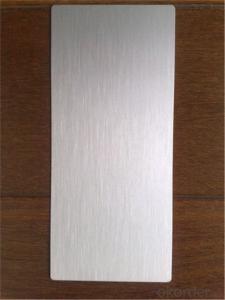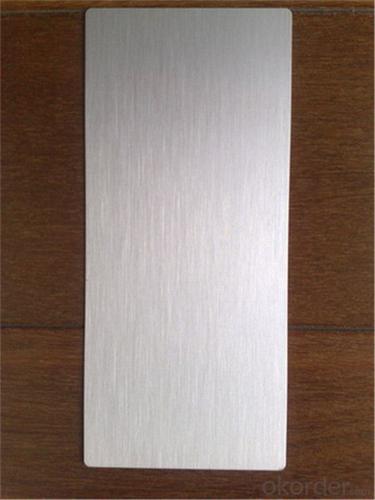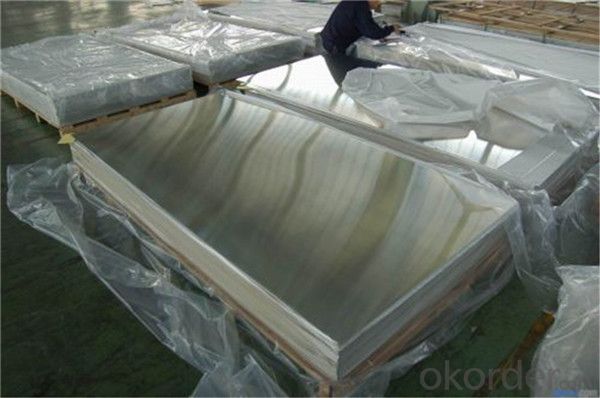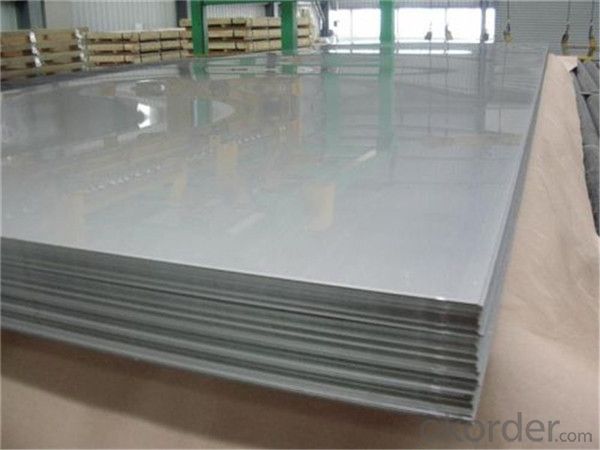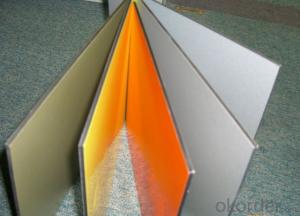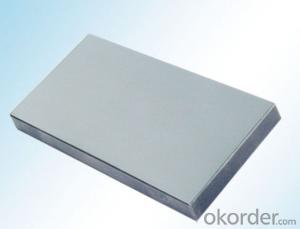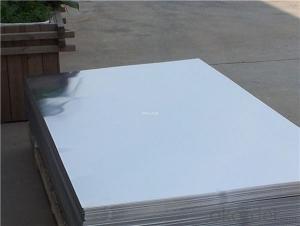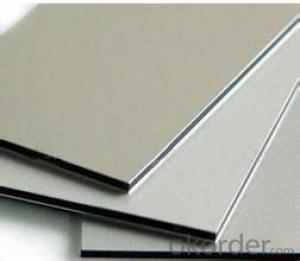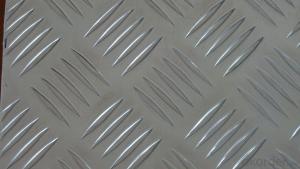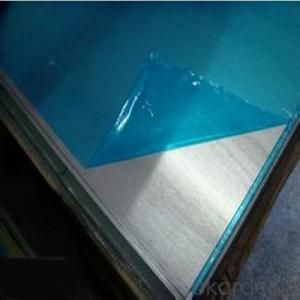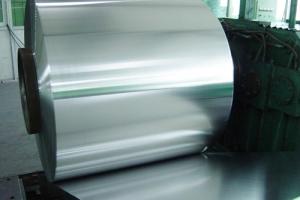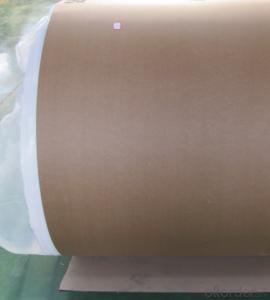8 1 2 X 11 Sheets Aluminum for Ink Jet - Aluminium Sheet for Building Material Plain Roofing 1100 H24
- Loading Port:
- Shanghai
- Payment Terms:
- TT OR LC
- Min Order Qty:
- 10 m.t.
- Supply Capability:
- 10000 m.t./month
OKorder Service Pledge
OKorder Financial Service
You Might Also Like
Packaging & Delivery
Packaging Details: | wooden cases is suitable for long distance exporting. |
Delivery Detail: | 30-45 days after receiving L/C or payment in advance |
Decorative Coil/Plate | |
Alloy: | 1100/8011/3003 |
Temper: | H16/H18/H26 |
Thickness: | 0.10mm~0.50mm |
Width: | 1000mm--1300mm |
Tensile Strength: | 155~230Mpa |
Elongation: | ≥2.0% |
T Bend: | within 2T |
PS Board Base | ||
Alloy: | 1060 | |
Temper: | H18 | |
Thickness: | 0.14mm~0.27mm | |
Width: | 300--1250mm | |
Tensile Strength: | ≥140Mpa | |
Elongation: | ≥2.0% | |
Circuit/Lighting sheet | ||
Alloy: | 1060/1100/8011/1050 | |
Temper: | H16/H18 | |
Thickness: | 0.14mm~0.50mm | |
Width: | 300--1250mm | |
Tensile Strength: | 165~195Mpa | |
Elongation: | ||
Brief Introduction for Cold Rolled Steel Coil
Cold Rolled Steel Coil is steel that has been worked below its recrystallization temperature by passing it between a pair of rollers. Recrystallization temperature is the temperature at which grains in the lattice structure of the metal have been rearranged, leaving it free of strain and deformations. Cold Rolled Steel Coil is pre-treated before being cold rolled with a process known as pickling, which uses strong acids to remove scale and other impurities. The Cold Rolled Steel Coil is then passed through rollers to reduce its thickness. Most cold rolling takes place in multiple passes and as the size of the Cold Rolled Steel Coil is further reduced, its strength and hardness both increase, but its ductility decreases. After cold rolling, heating the metal up in a process known as annealing can restore some of its ductility. The final Cold Rolled Steel Coil may be manufactured in the form of sheets, strips, bars, or other forms.
Photos
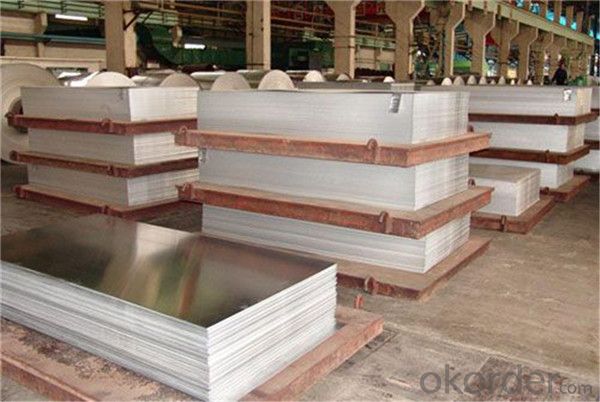
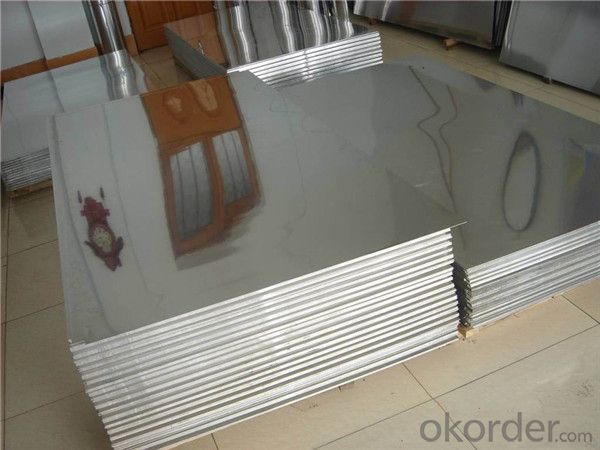
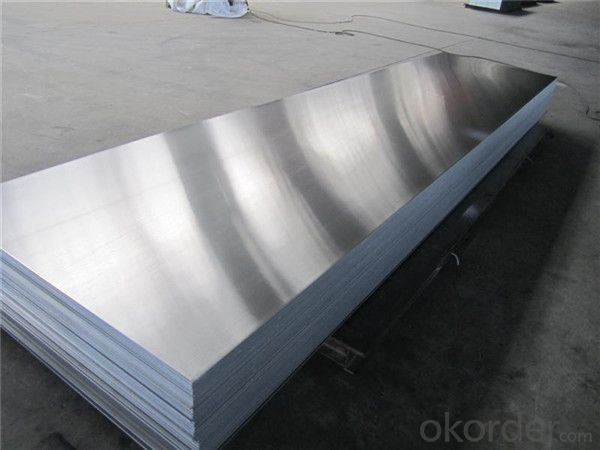
- Q: Do 101 aluminum sheets have any specific insulation properties?
- 101 aluminum sheets do not possess any distinct insulation properties, as aluminum is an efficient conductor of both heat and electricity, failing to offer protection against temperature extremes. Nevertheless, these sheets can serve as reflective surfaces, effectively bouncing back heat or light. To achieve insulation, it is necessary to incorporate supplementary materials like foam or fiberglass in conjunction with the aluminum sheets.
- Q: Im wondering as to how i darken the slide and frame of an airsoft 1911 pistol. I polished off all the black paint and exposed the chromish aluminum. I have some ideas to darken the metal but not sure. Maybe using olive oil and heating it up but im afraid i might warp the metal. I want it to come out sort of like a greyish gunmetal. Anybody know of a good process to give that worn out war like effect to the gun without painting it?
- i have been surfing more than 4 hours today seeking the answer to the same question, and I haven't found a more interesting debate like this. it is pretty worth enough for me.
- Q: Can aluminum sheets be used for decorative or architectural purposes?
- Aluminum sheets have multiple uses in decoration and architecture. This versatile material can be easily shaped and molded into various forms, making it perfect for a wide range of architectural projects. It is commonly utilized in exterior cladding, roofing, window frames, and facades, lending a sleek and contemporary appearance to buildings. Moreover, aluminum sheets are also employed for decorative purposes like wall panels, art installations, signage, and furniture. Architects and designers often choose aluminum due to its lightweight and durable properties, enabling them to create visually appealing and functional structures. Additionally, aluminum's resistance to corrosion makes it suitable for both indoor and outdoor applications.
- Q: The minimum thickness of aluminum curtain wall is 2, 5mm or 3mm?
- The veneer is 2.5 mm, and the composite plate needs to be explored
- Q: Our production needs a large number of plating aluminum plate, consult domestic and imported aluminum plate difference?
- Domestic aluminum plating mainly in Jiangsu origin, the general material is relatively hard, and the surface is not imported, aluminum plate bright and clean, but the price is lower than the import. Imported aluminum plate mainly in the eastern Pohang, South Korea, Japan's three major steel. Pohang is the three major steel plant, the material is more flexible and tensile properties. The relative price is higher than domestic.
- Q: What are the semi hard ones? What are the alloys? What are the anti rust ones, such as 3003505210606061, 7075?
- Three 3000 series aluminum representing 30033003 3A21. Also known as China's 3000 series aluminum antirust aluminum production process is more outstanding.3000 series aluminum is made of manganese as main components. The contents of 1.0-1.5 in between. Is a series of anti rust function better. Routine application in air conditioning, ice box, car etc. in the moist environment, price more than 1000 series, is a commonly used alloy series.Four 4000 series aluminum on behalf of the 4A01 4000 series aluminum plate belongs to the high silicon content series. Usually silicon content between 4.5-6.0%. Belongs to the building material, mechanical parts, forging materials, welding materials; low melting point, good corrosion resistance of the product description: has the characteristics of heat resistance, wear resistanceFive series of 5000 representative 5052.5005.5083.5A05.5000 series is a commonly used aluminum alloy aluminum series, the main elements of magnesium, magnesium content in 3-5%. Also called aluminum magnesium alloy. The main characteristics of low density, high tensile strength, elongation rate is high. In the same area under the weight of the aluminium magnesium alloy is lower than that of the other series. It is commonly used in aviation, such as aircraft fuel tank. The application in the conventional industries are more widely. The processing technology for slab continuous casting and rolling, which belongs to the aluminum plate series so can do deep processing of aluminum oxidation. More mature system in our country in 5000 series aluminum one.Six series of 6000 representatives of 6061 mainly contains two elements of magnesium and silicon, so the advantages of 4000 series and 5000 Series 6061 is a cold forging processing of aluminum products, suitable for applications in corrosion resistance, oxidation resistance requirement. Use good interface features excellent, easy coating, processing is good. Can be used for low pressure weapons and aircraft joints.
- Q: Can the aluminum sheets be used for manufacturing architectural sunshades?
- Yes, aluminum sheets can be used for manufacturing architectural sunshades. Aluminum is a popular material choice for sunshades due to its lightweight nature, durability, and resistance to corrosion. It can be easily fabricated into different shapes and sizes, allowing for flexibility in design. Additionally, aluminum has excellent heat reflectivity properties, making it effective in reducing solar heat gain and providing shade to buildings. Overall, aluminum sheets are a suitable material for manufacturing architectural sunshades.
- Q: This question asks for a comparison of the benefits and drawbacks of using aluminum sheets as a roofing material.
- <p>Aluminum sheets for roofing offer several advantages, including durability, resistance to rust and corrosion, lightweight nature, and energy efficiency due to reflective properties. They are also easy to install and maintain, and can be recycled, making them environmentally friendly. However, there are some disadvantages such as being more expensive than some other roofing materials, potential for denting if not properly installed, and noise issues during heavy rain or hail due to their lightweight nature. Additionally, they may require more frequent replacement compared to some other materials.</p>
- Q: What is the electrical conductivity of 101 aluminum sheets?
- The electrical conductivity of 101 aluminum sheets would depend on various factors such as the thickness of each sheet, the purity of the aluminum, and any possible impurities or alloying elements present. Generally, aluminum is known for its relatively high electrical conductivity compared to other metals. However, without specific information about the aforementioned factors, it is difficult to provide an exact value for the electrical conductivity of 101 aluminum sheets.
- Q: This question asks about the various patterns that can be applied to aluminum sheets, which are commonly used in construction, manufacturing, and design.
- <p>Aluminum sheet patterns are diverse and cater to various applications. Some common types include diamond, checkered, embossed, perforated, and ribbed patterns. Diamond patterns offer a classic look and are slip-resistant, while checkered patterns are often used for flooring due to their traction. Embossed patterns provide a decorative touch and can enhance surface strength. Perforated patterns are used for ventilation, light filtration, and design purposes. Ribbed patterns, also known as corrugated, offer structural strength and are used in roofing and siding applications. Each pattern serves a specific function and aesthetic, making aluminum sheets versatile for many industries.</p>
Send your message to us
8 1 2 X 11 Sheets Aluminum for Ink Jet - Aluminium Sheet for Building Material Plain Roofing 1100 H24
- Loading Port:
- Shanghai
- Payment Terms:
- TT OR LC
- Min Order Qty:
- 10 m.t.
- Supply Capability:
- 10000 m.t./month
OKorder Service Pledge
OKorder Financial Service
Similar products
Hot products
Hot Searches
Related keywords
